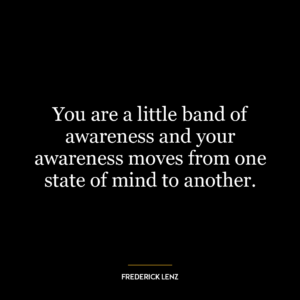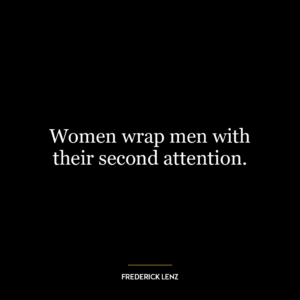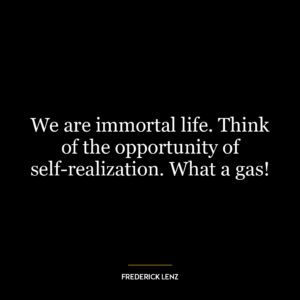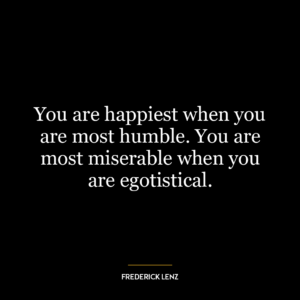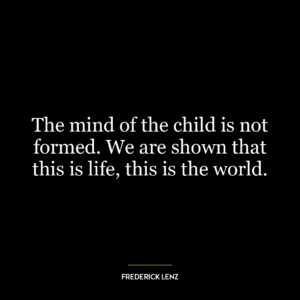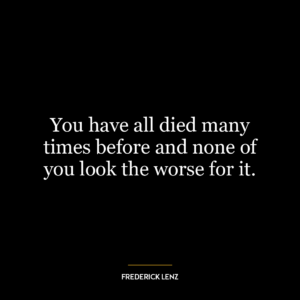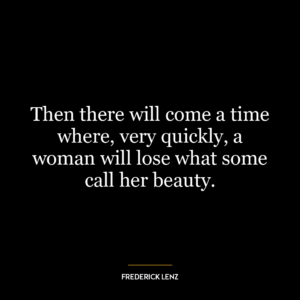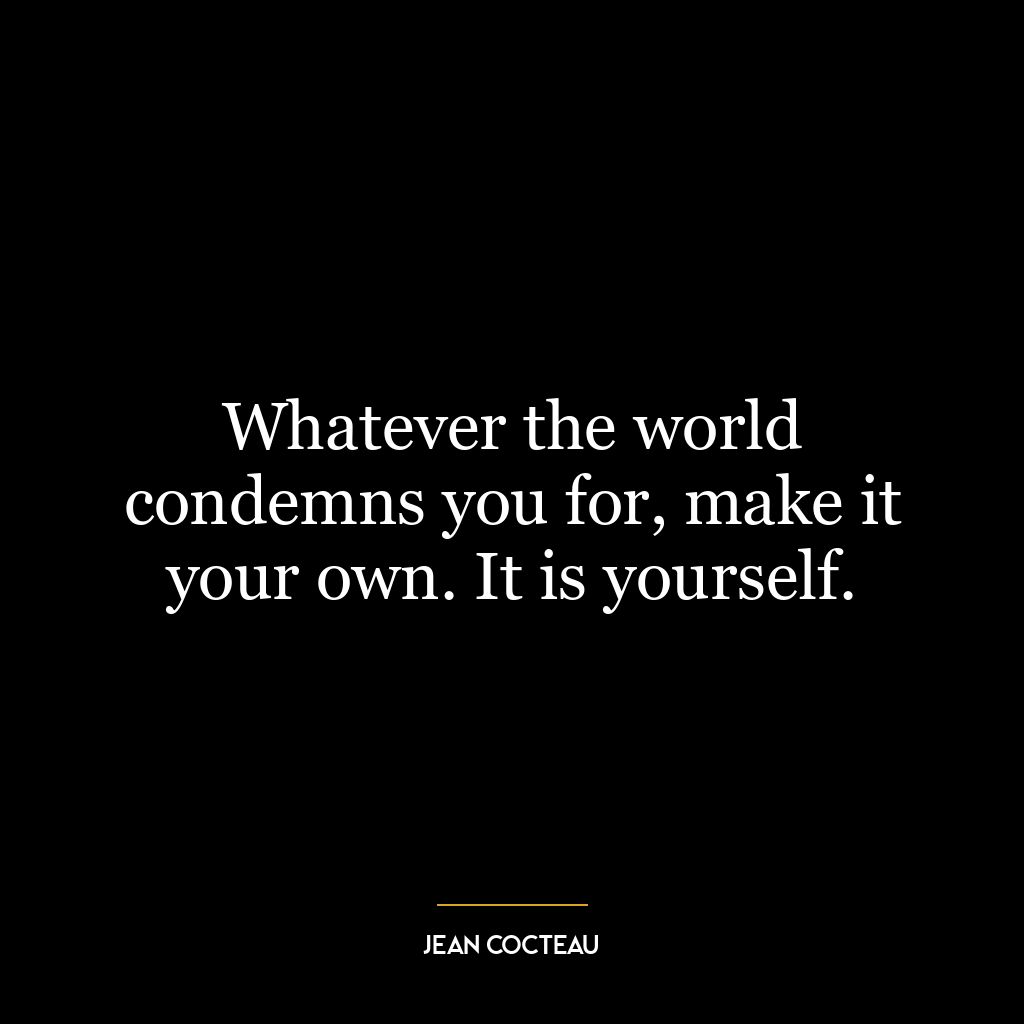The ego is a false perception of self. It’s an idea, a transitory identity that we’ve picked up.
The quote “The ego is a false perception of self. It’s an idea, a transitory identity that we’ve picked up” suggests that our ego is not an accurate representation of who we truly are, but rather a temporary, changeable identity that we have adopted over time. It implies that the ego is a construct, a fabrication of the mind, influenced by external factors such as societal expectations, cultural norms, and personal experiences.
The ego can be seen as a persona we present to the world, a mask that we wear to fit in, to gain acceptance, or to protect ourselves from emotional harm. It is transitory because it can change and evolve as we navigate through different stages of life, encounter various experiences, or shift our perspectives. However, it is a false perception because it does not reflect our true, authentic self, which is constant and unchanging.
Applying this idea to today’s world or personal development, it encourages us to challenge and question our ego-driven thoughts, beliefs, and behaviors. It invites us to peel back the layers of our ego to reveal our true self, to align more closely with our core values, passions, and purpose. It also underscores the importance of self-awareness and mindfulness in recognizing when our ego is at play, and in making conscious choices that serve our higher self rather than our ego.
In the realm of personal development, this understanding can lead to significant growth and transformation. By recognizing the ego for what it is – a false perception of self – we can begin to dismantle the barriers it creates, such as fear, insecurity, or pride. This can pave the way for greater self-acceptance, authenticity, and inner peace. Moreover, it can enhance our relationships, as we interact with others from a place of genuine self-expression rather than ego-driven agendas.
In the broader societal context, this idea can promote greater empathy, understanding, and unity. If we acknowledge that our egos are merely constructs, we can look beyond the superficial differences that divide us, and recognize the shared humanity that unites us. We can also challenge societal norms and expectations that fuel ego-driven behaviors, and foster a culture that values authenticity, compassion, and interconnectedness.




